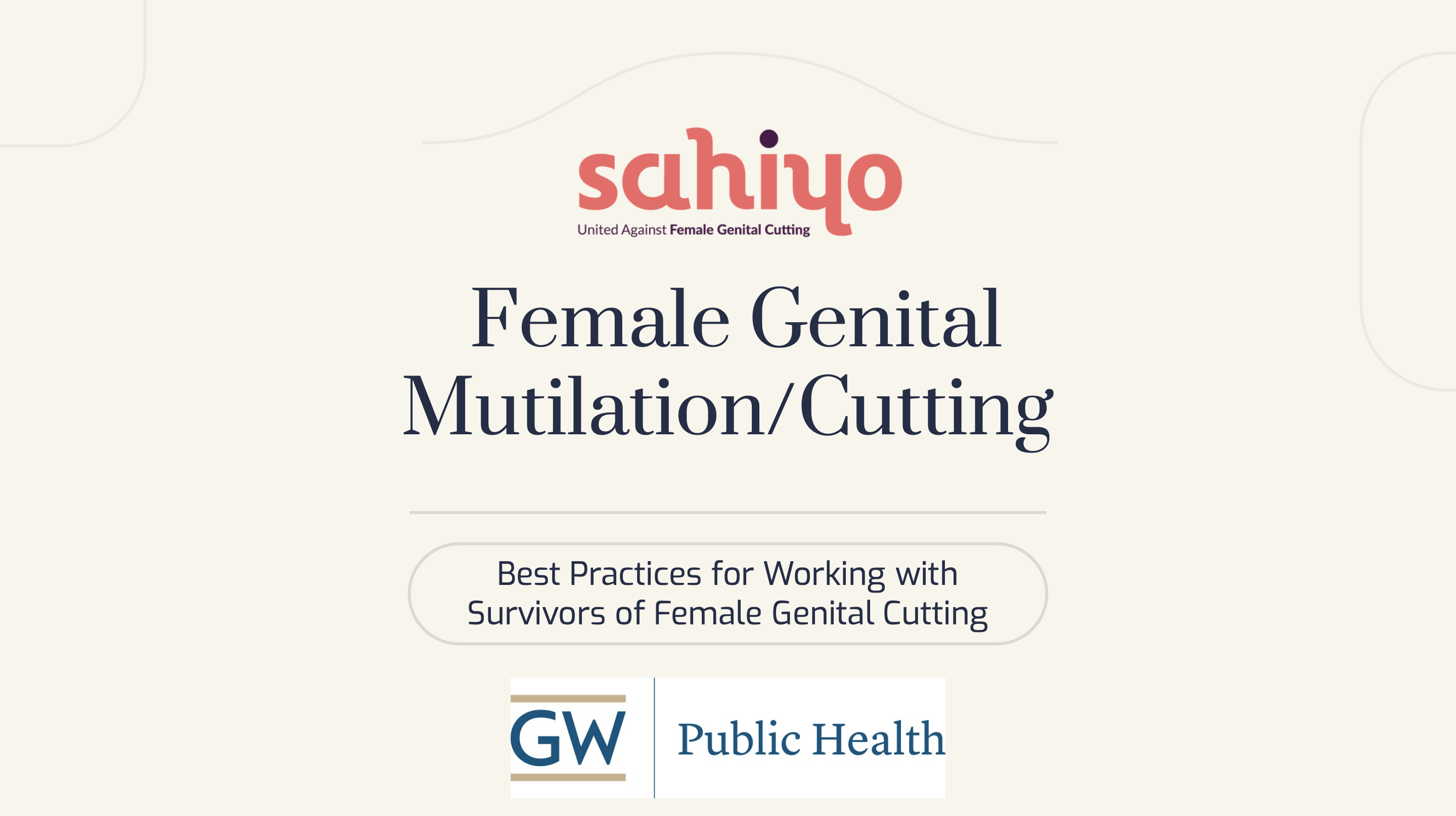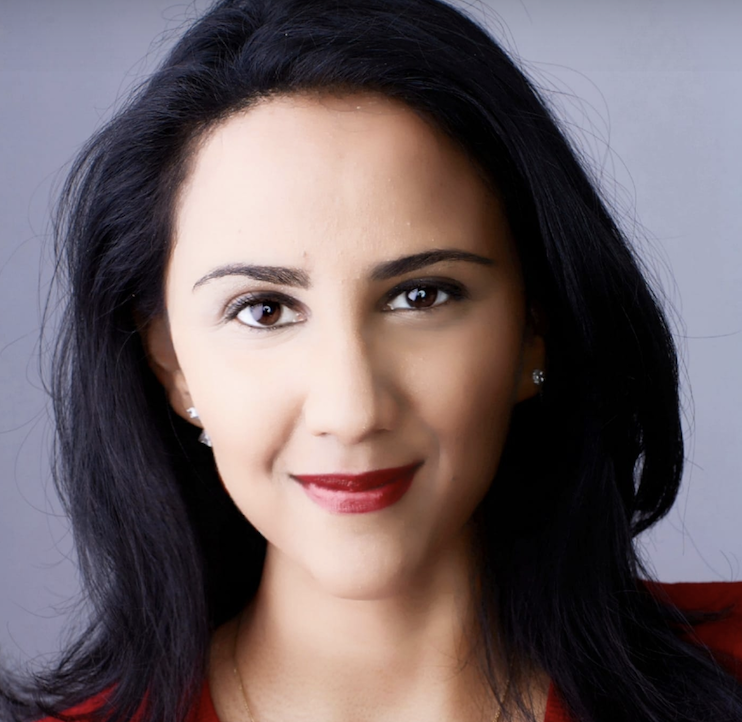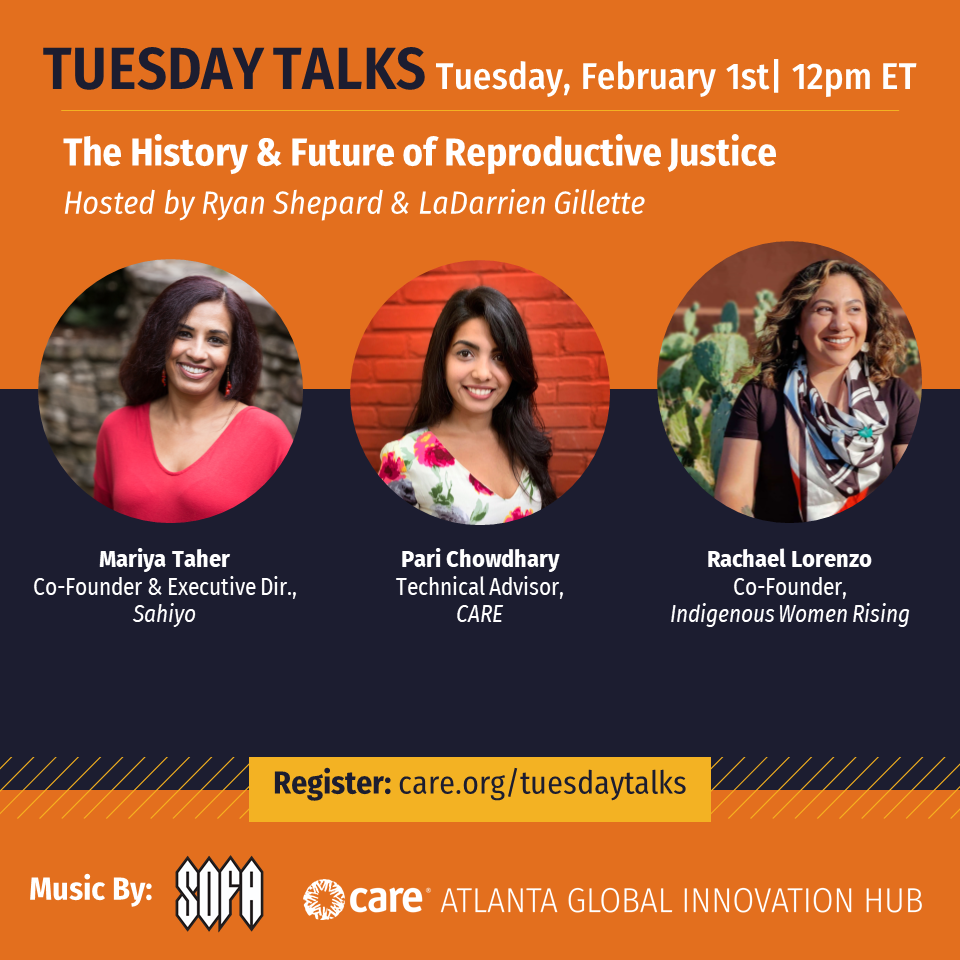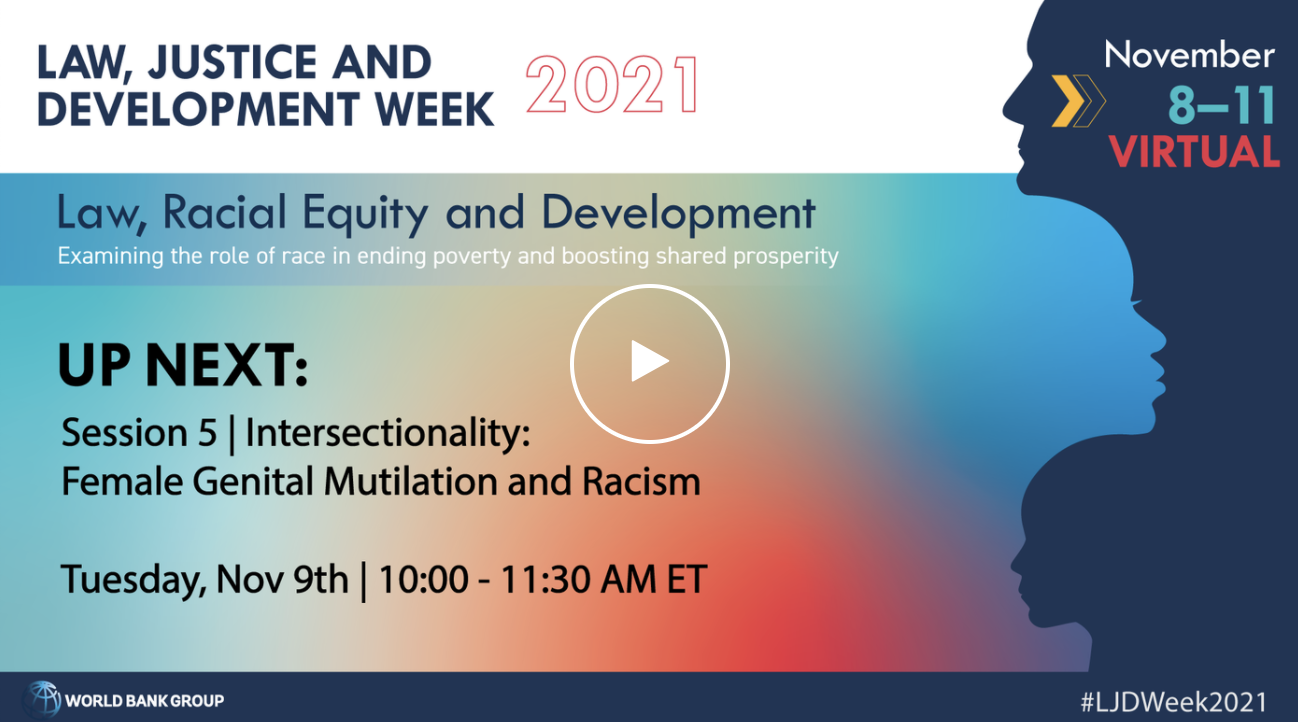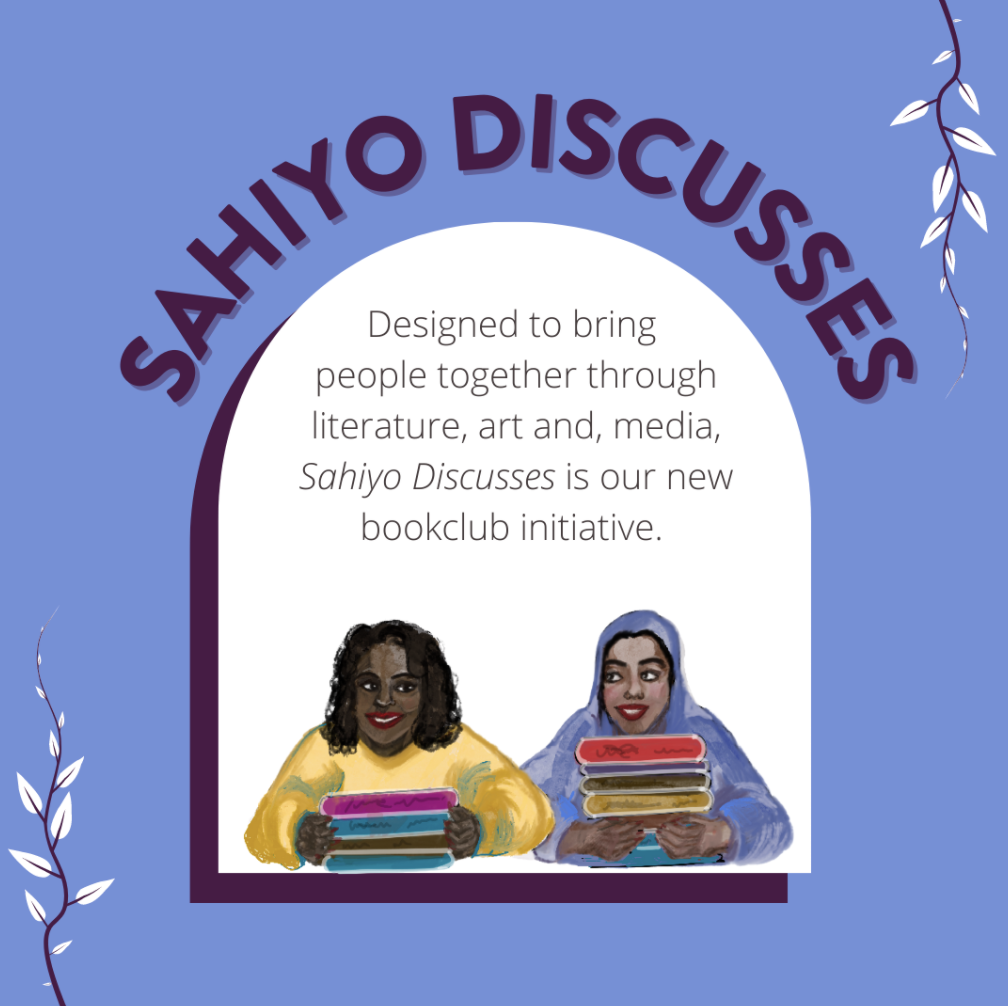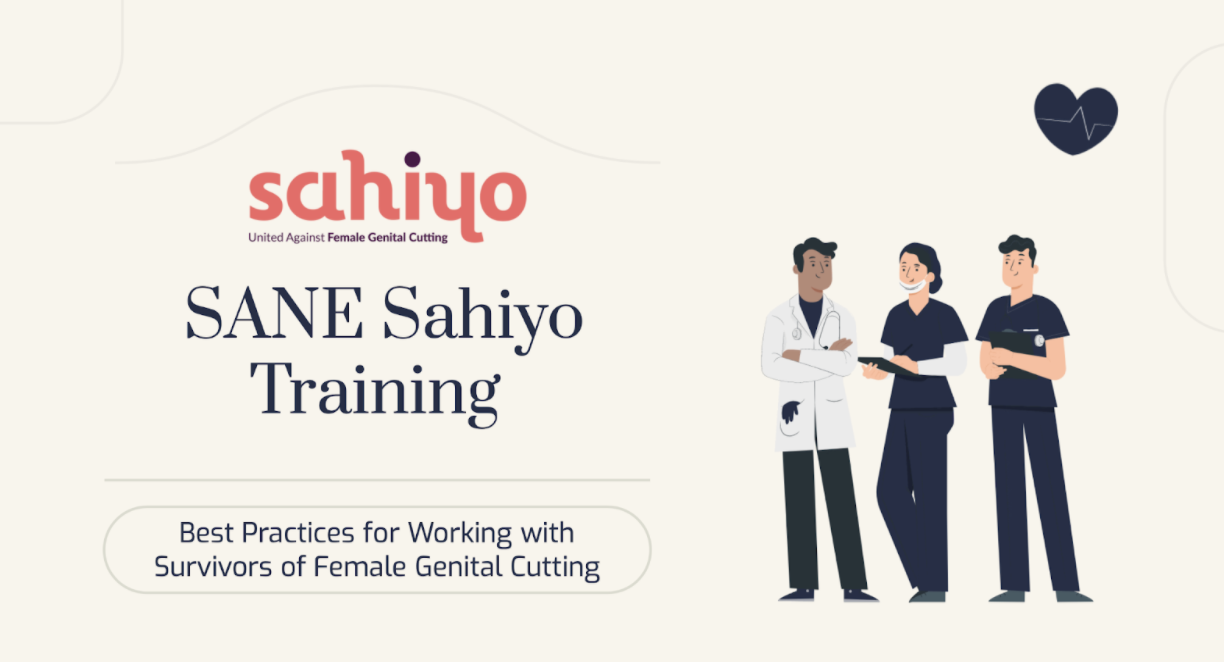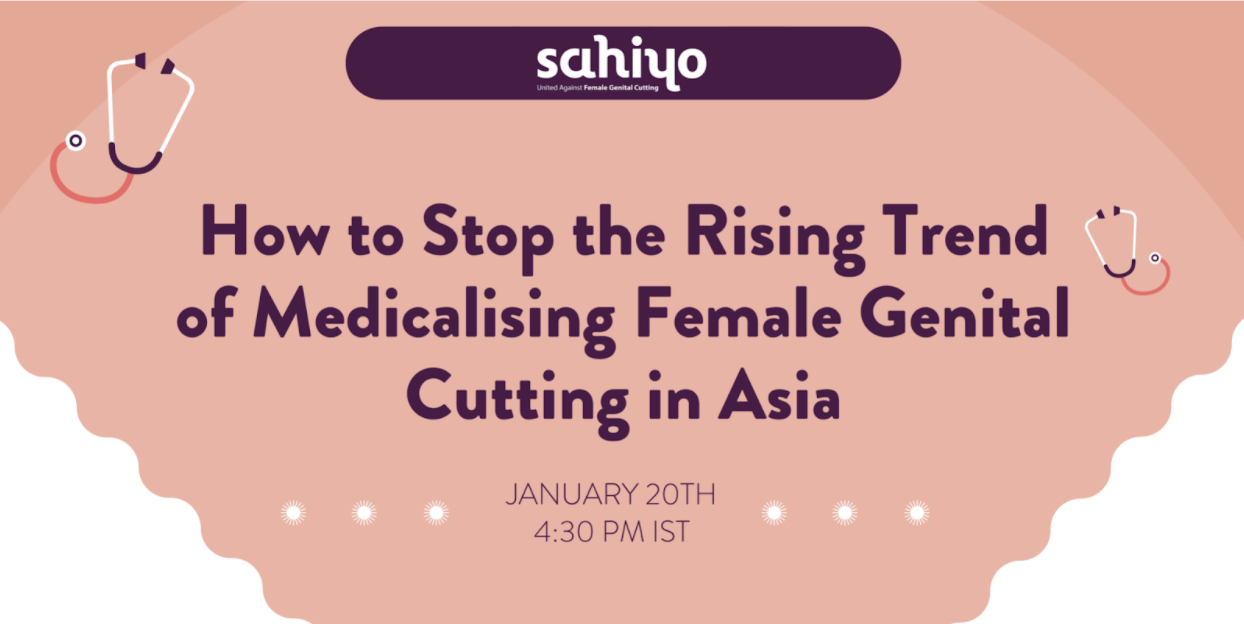Nesha Abiraj is an International Human Rights Lawyer. She is currently a contracted Senior Specialist in Advocacy and Policy, Humanitarian Affairs, with Save the Children International in Washington, DC. She also serves as an Advocacy Lead for UNICEF USA UNITE. Nesha has worked on global human rights policies related to the rights of women and children and global health and human rights. Notably, she worked on infectious diseases law and policy in India, China, and the United States. She has also done over a decade of humanitarian service in the aftermath of natural disasters and recently in the wake of the Covid-19 pandemic in the Caribbean and the United States with local and international NGOs including the Red Cross.
Can you tell us a bit about your background?
I pursued my law degree with the University of London and did the Solicitor's Bar with Staffordshire University, in the UK. I was admitted to practice as a Barrister in Trinidad and Tobago on June 18th, 2009.
In 2016, following the media coverage of the chemical attacks in Syria led me to a course on refugees and asylum seekers, created by Amnesty International, which changed my life. After successful completion of the course, I knew I had to go even further if I truly wanted to make a difference. This led me to taking a huge leap.
I had my own successful private legal practice, which I worked for 8 years to build, and yet I was ready to give it all up to pursue what felt like a higher purpose for me. I applied and was accepted to Northwestern University where I successfully completed my Masters of Law in International Human Rights.
I became the first person originally from Trinidad & Tobago to be accepted into that program. It also led to me becoming the first person from Trinidad & Tobago to be awarded the Schuette fellowship in Global Health and Human Rights, which I pursued and completed with the Women's Rights Division at Human Rights Watch.
My work during the fellowship also led to me becoming the first researcher at Human Rights Watch to be awarded the Citation of the Commonwealth of Massachusetts for my tireless work to protect the children of the Commonwealth from early, forced, and child marriages.
When did you first get involved with Sahiyo and what opportunities have you been involved in?
I first became involved with Sahiyo in 2018. During my fellowship I was tasked with working to end early, forced, and child marriage in the US state of Massachusetts. Part of that work involved understanding the linkages and driving forces behind child marriage, one of which included female genital cutting (FGC). To that end, I decided to reach out to an advocate in Massachusetts to determine whether this practice was linked in any way to early, forced and child marriages in the US.
In that meeting, I had no idea I was about to be introduced to someone who had been subjected to the practice as a child. In that moment, the gravity of FGC and the risk posed to millions of girls like her felt so much more real, and I knew I had to do something about it.
National outrage had also sparked following a Michigan court's ruling, acquitting a doctor who had performed FGC on a child. If I had left that conversation and did nothing, knowing the risk millions of children, especially girls, face, and knowing that the law was not even on the side of survivors or those at risk, then I would be betraying my own sense of justice/morality.
I continued to educate myself about FGC and did as much as I could with the platform I had to amplify survivor voices and the growing call to ban the practice. I attended most if not all of Sahiyo's webinars. I also enrolled and successfully completed a women's health and human rights course created by Stanford University, which included FGC. In 2020 I went on to participate in the Voice's project and was most recently appointed to the US Advisory Board.
How has your involvement impacted your life?
I gained a family of "sahiyos" or "sisters" relentlessly pursuing a far better world for children everywhere, through the elimination of this internationally recognized human rights abuse, which harms women and girls and can result in death. Anything I do with Sahiyo brings both meaning and fulfillment to my life and I am exceptionally grateful to be a part of this family.
What pieces of wisdom would you share with new volunteers or community members who are interested in supporting Sahiyo?
Oftentimes, we think we need to do really big things which attract recognition to create an impact, but the biggest impact you will make in this life really comes from the things that are often not reported on or written about. I never asked for any of the things that were awarded to me nor did I ever ask to be the first of anything. Everything I have ever done in my life was honestly because I refused to be a bystander in the face of injustice and I cared enough to do something about it.
In 2018, on a field research trip focused on infectious diseases law and policy in India, I had a focused group discussion with a group of women in India who were survivors of tuberculosis. While I can speak some Hindi and I do understand it, for these purposes a translator was needed.
These women shared the shame, the stigma and discrimination they experienced by their families on account of their diagnosis, ranging from being denied access to their children and being treated as outcasts in their own homes, to being sent back to their families by their in-laws, who in some cases did not want them.
At the end of the discussion, even through the language barrier, I went to thank these women for their courage and willingness to share their experiences, and it turned into hugs all around the room. For the first time, these women shared how much that human touch of an embrace meant to them of not being feared, scorned, shamed or stigmatized. I understood then and there what a survivor-centered approach means.
The end result of that experience was that these women became leaders in their communities and were now supporting other women like them, so that others would not have to face the same adversities. It is moments like this, which makes all the other challenges that you will face, worth it. It does not matter whether it becomes a news headline or whether it leads to recognition, what matters are the survivors and those at risk and knowing in touching just one life in the pursuit of justice, it might have helped change an entire community for the better. It is these ripple effects which ultimately generate the big wave of change. Just as working with these survivors cast a light on the best parts of our shared humanity, working with Sahiyo can do the same for you.

